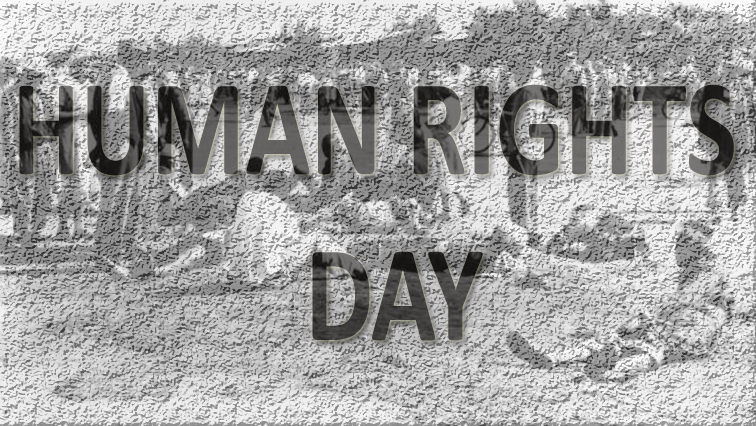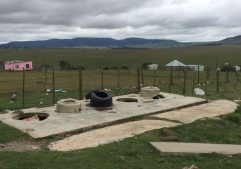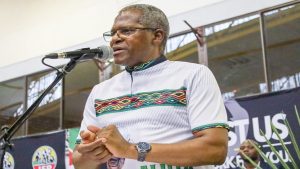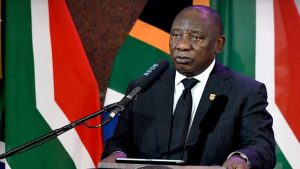The 21st of March marked the 58th Anniversary of the Sharpeville tragedy. The tragedy, in itself, was barbaric and showed no respect for human life or veneration for the basic sense of humanity.
Remembering the struggle and brutality of Sharpeville remains an important part out history and its significance should not be ignored.
Like Sharpeville, there are many historic moments in our country’s history that were drivers for our transition and post-apartheid journey. It is what informs who we are as a people, the experiences we have had and how our life’s journey has been shaped in respect of where we are at present and the direction we are moving towards in the future, both as a country and as citizens.
The significance of Sharpeville is not only to commemorate those who were defenseless and scarified their lives. It is also about putting the remembrance of this fateful day into context around the significance it purports and about the celebration of 24 years of Human Rights in a post-apartheid South Africa.
But, more importantly, whether expectations around Human Rights have been fulfilled for the majority of South Africans.
Leading on from the question posed at the end of the last section, the issue at hand is what is meant by Human Rights and whether all people enjoy and are able to exercise their inherent fundamental rights. In South Africa there are mixed reactions to this.
At a procedural level and in terms of institutions enabling and protecting such rights, it does seem that most South Africans have enjoyed such access and freedoms. But what does it mean when such procedural rights became devalued in the face of state institutions which are unable to safeguard these rights, or when the state is the actual institution debasing such rights in the face of political and economic pillaging of resources at the expense of socio-economic service delivery.
Reflecting on the conundrum, the issue has to be whether we are just satisfied with the procedural framework of human rights or should we demanding that our rights be addressed with more premium and value that all people in society are an entitled to.
One only has to look at the Life Esidimeni incident, notwithstanding others such catastrophes, to ask what went wrong when the very people who were supposed to entrench such rights, divested people of their dignity, right and voice.
We have traveled a long and arduous road to where we are today, yet the struggle continues to see the fruition of the substantive nature of human rights for the majority of South Africans. What are rights if you cannot exercise and enjoy them without, dignity prejudice, and access to social justice?
If there is anything that we must recognise in celebrating Human Rights Day is that the human rights struggle is apart of every society across this globe. This is a global struggle against race, and class; poverty and inequality, gender disparities; and the list is endless.
And, therein, is what human rights is all about: a continuous endeavor for people to live with dignity and humanity.
Sanusha Naidu is a Senior Research Associate based with the Institute for global Dialogue.






